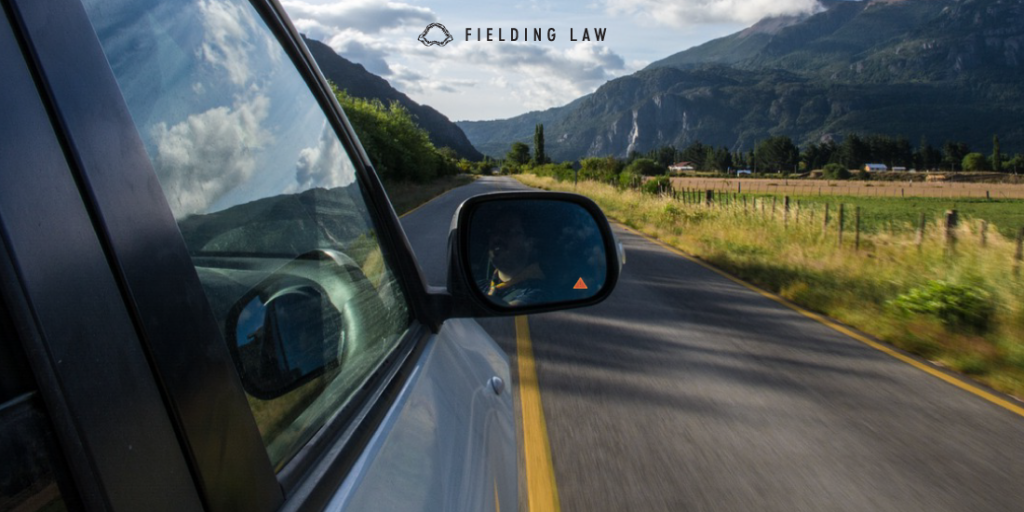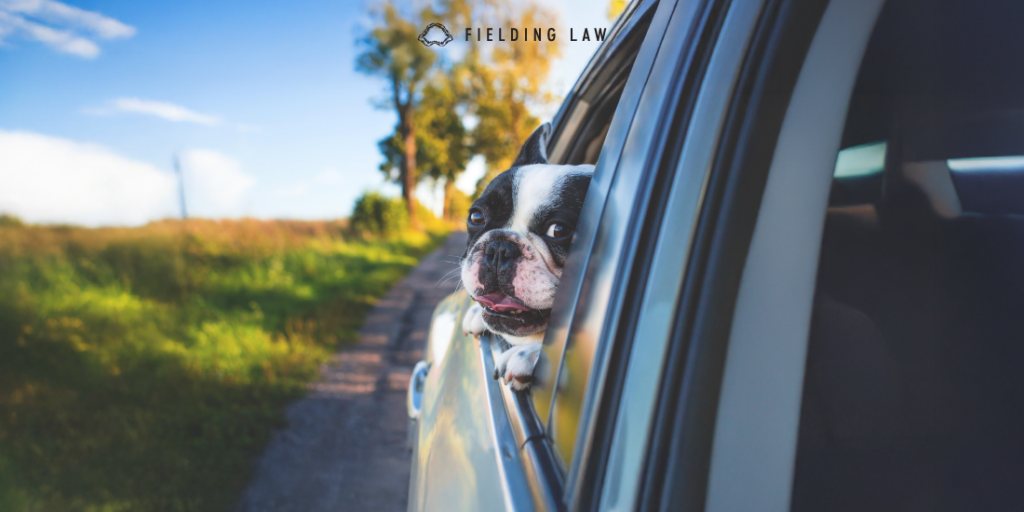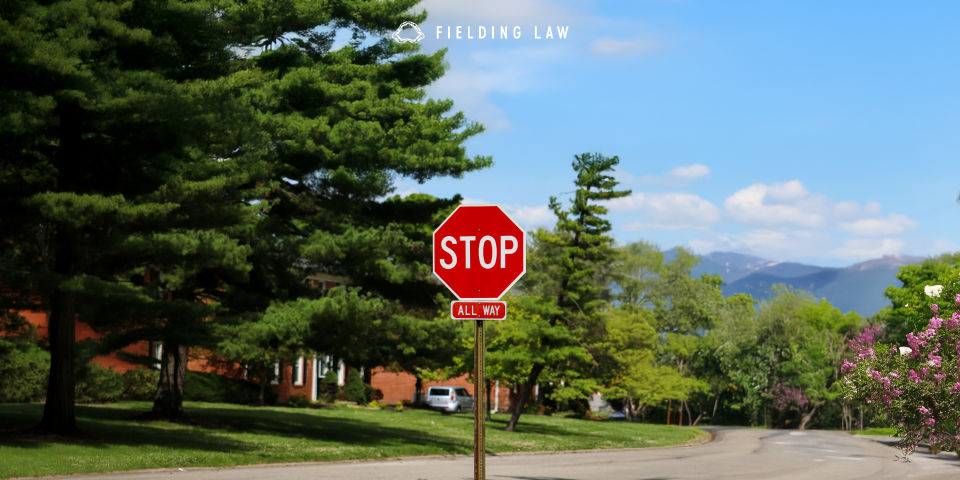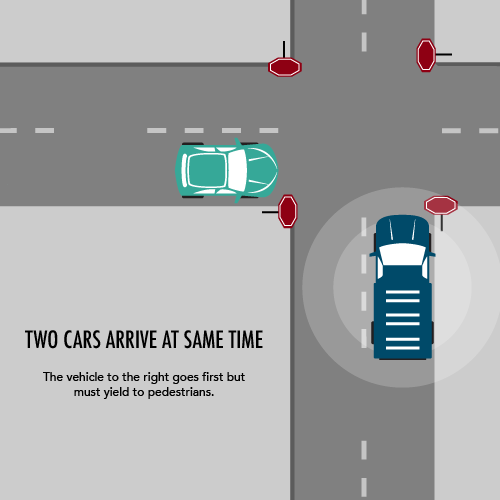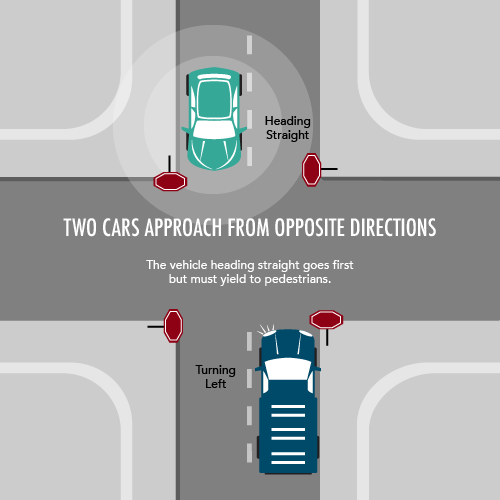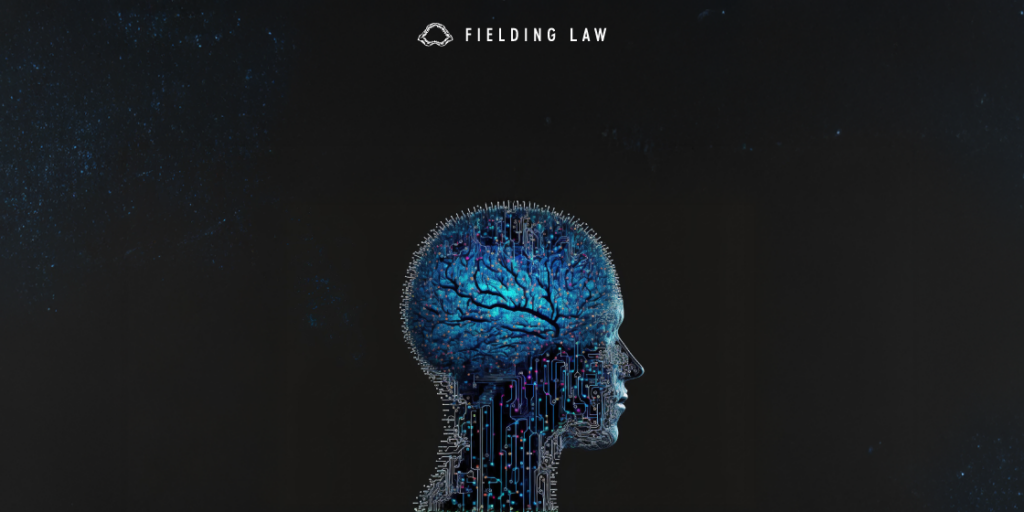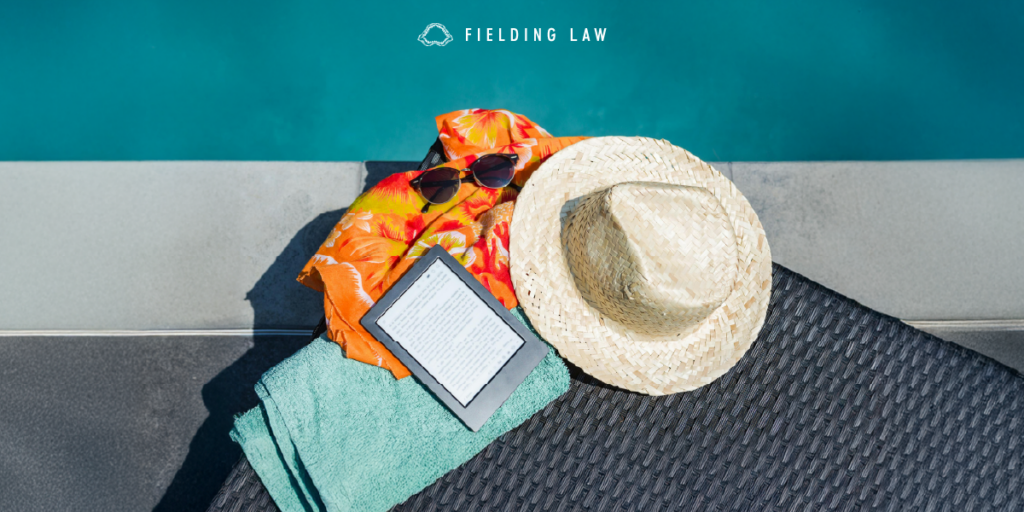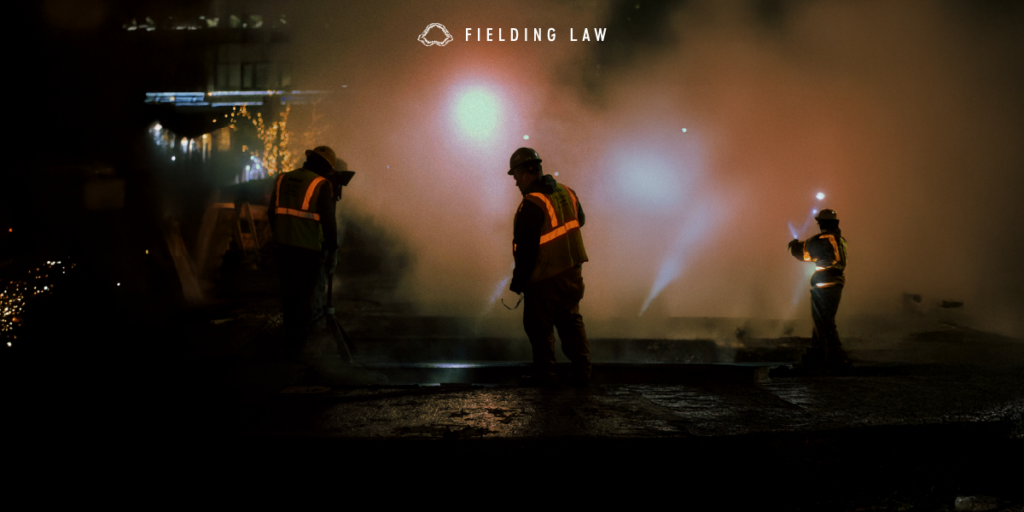
Are You Really Visible?
High-visibility gear is designed to make pedestrians and cyclists more noticeable, especially in low-light conditions. It includes bright-colored clothing, reflective vests, and accessories with fluorescent or reflective materials. Many people rely on high-visibility gear to stay safe when walking or biking near traffic, assuming it helps drivers and vehicle safety systems detect them more easily.
However, recent studies reveal a surprising flaw in modern vehicle safety technology. The Insurance Institute for Highway Safety (IIHS) found that many pedestrian detection systems do not always recognize high-visibility gear like reflective clothing. This means pedestrians and cyclists wearing bright or reflective clothing may still go unnoticed by automated safety systems.
Key Findings
Research shows that vehicle safety features do not always work as expected. Here are some concerning facts:
-
Car sensors may not detect reflective gear. Some automated vehicle systems struggle to see people wearing high-visibility gear, especially in the dark.
-
Nighttime accidents could still happen. Pedestrians rely on bright clothing to stay safe at night, but if vehicle technology does not recognize it, the risk of accidents remains high.
-
Drivers must stay alert. Safety features can help, but they are not perfect. Drivers should never assume technology will detect pedestrians and must stay focused at all times.
How This Affects Injury Claims
If a vehicle with safety technology fails to detect a pedestrian wearing high-visibility gear, who is responsible? Was the driver careless, or did the technology fail? These questions make injury claims complicated and require experienced legal help.
Why Hire Fielding Law?
If you were hurt because a driver or their vehicle’s technology failed to keep you safe, Fielding Law is ready to help. Our team knows how to handle pedestrian accident cases and will fight to get you the compensation you deserve. Call 833.88.SHARK for a free consultation today.
Note: Information provided is for educational purposes and does not constitute legal advice. Always consult with a qualified attorney for legal concerns.
